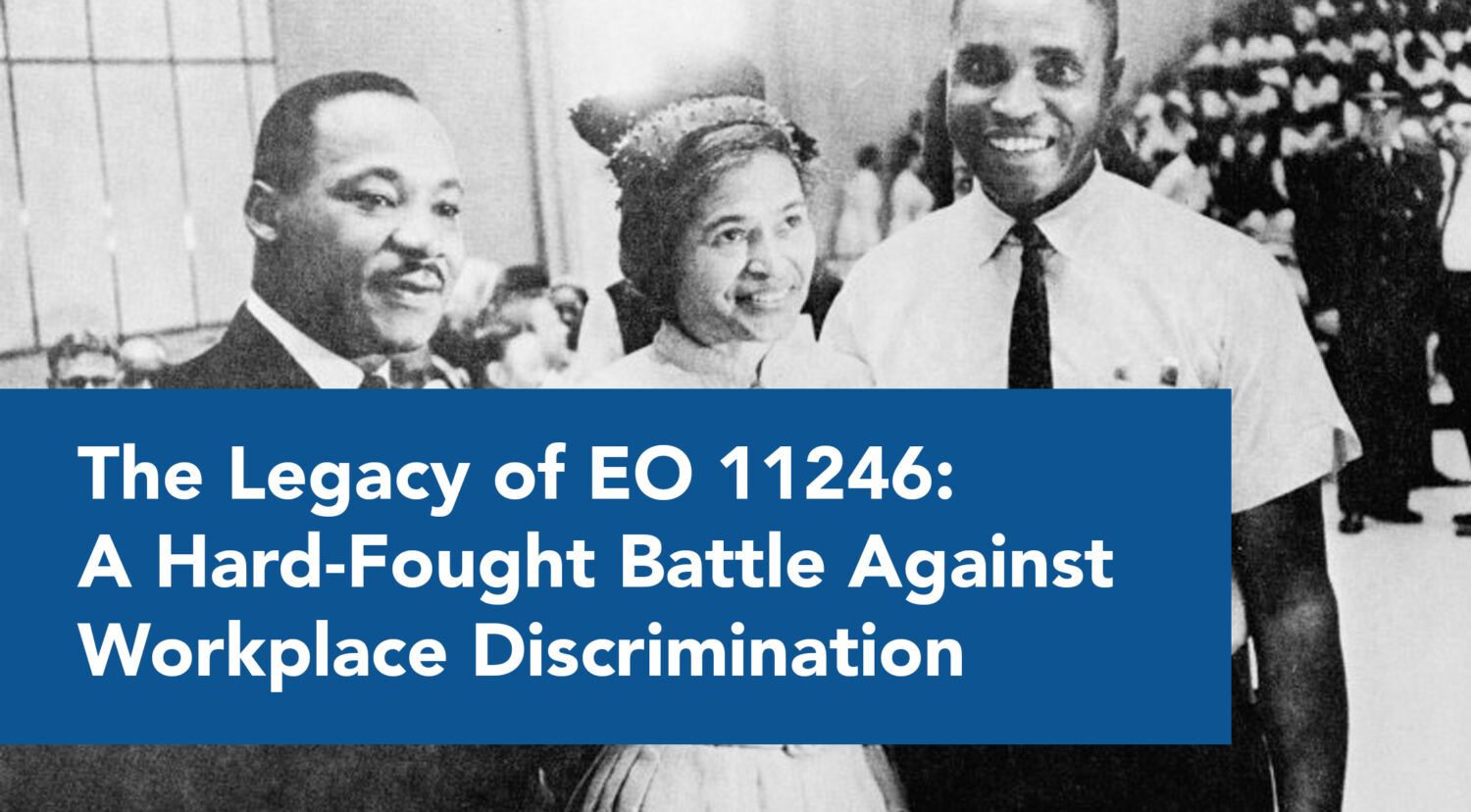

Last week I wrote about Kate Williams research into the results of legal actions taken relating to certain hiring practices. Primarily, I focused on the financial outcomes of settling or going through the entire courtroom process, dependent largely on whether a company is facing individual plaintiffs or plaintiffs backed by the EEOC or OFCCP.
Today I’m going to look at the practices themselves, and which are more likely to stand up to audits or complaints in the first place, and which stand up best in court. Thankfully, there is a direct correlation of the most defensible to hiring the most valuable applicants, so doing the smart thing legally is also the smart thing ethically and strategically.
Let me draw your attention to the below chart, “borrowed” from Dr. Charles Handler’s piece about Kate’s research at ere.net (BTW, it’s a great summation piece that I highly recommend):

Note that the top offender is using an inconsistent process. One wonders how, in this day and age, so many companies are still not using a formalized and consistent process for hiring? Not only does it lead to the greatest number of complaints, but also makes qualifying the best potential hires difficult.
Now look at the below two charts I prepared from Kate’s report:

Of the cases in the study, not a single complaint about interviews was settled out of court, but all cases involving cognitive ability and personality tests did. Psychomotor tests and and inconsistent hiring processes were settled two-thirds of the time. Although perhaps all of the inconsistent hiring cases should have been settled:

It makes sense that structured interviews hold up best in court and are never settled outside. Conversely, unstructured interviews are a coin flip, and it’s probably not worth the legal risk as a company to still have unstructured interviews. From a talent standpoint, unstructured interviews also make it difficult to compare apples to apples.
Regarding psychomotor test complaints: Although only a third go to trial, only a third of them are found for the plaintiff. These generally do well as most companies which use them ensure the tests are job related.
Why all cases regarding inconsistent hiring processes aren’t settled out of court is a mystery. Nearly all of them are found for the plaintiff. And, like unstructured interviews, they have no value over the other hiring methods.
Per Kate’s paper:
“This agrees with Williamson et al.’s (1997) findings that structured interviews — those with greater objective job-relatedness, more standardized administration, and with multiple interviewers — are more likely to hold up in court.”
When you read the sentence, the increased value of such a practice for finding the best hire also becomes apparent. Why wouldn’t someone want the interview to be job-related and have multiple interviewers to get several points of view on the applicant?
Bottom line: It’s probably best to settle most cases brought by the EEOC or OFCCP (see the last post). And use structured interviews. They make good legal AND business sense.





